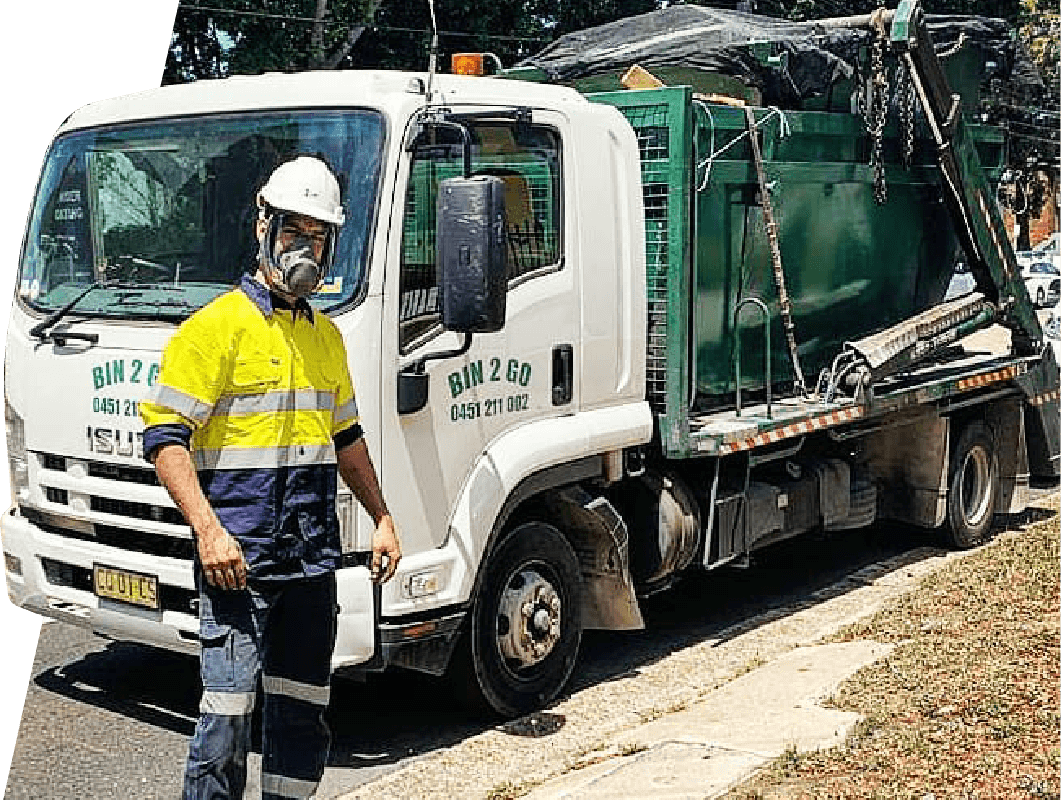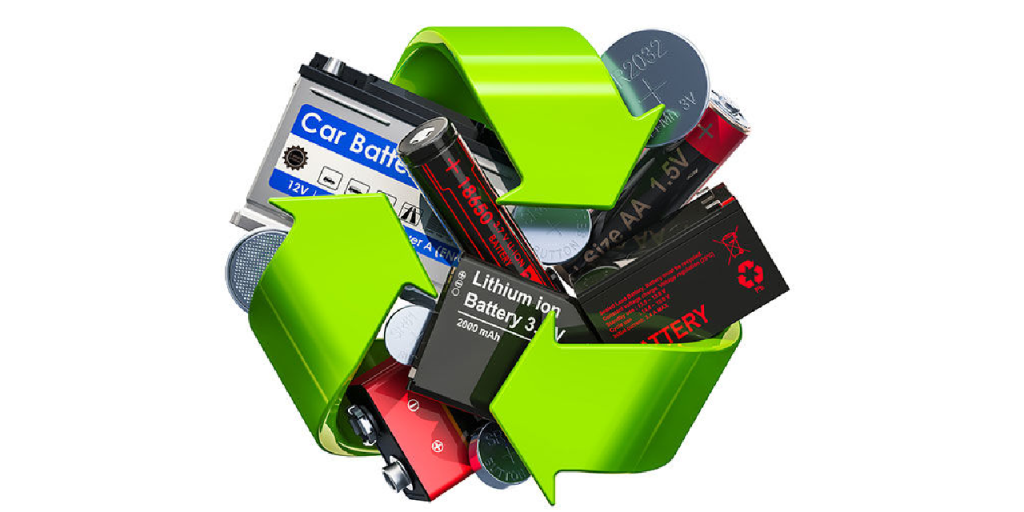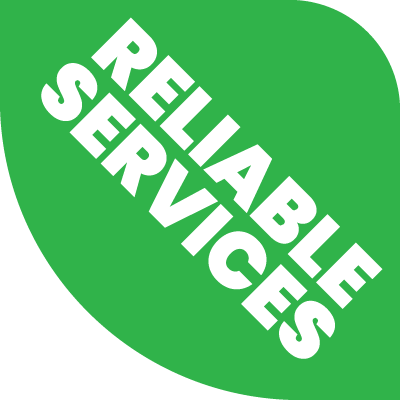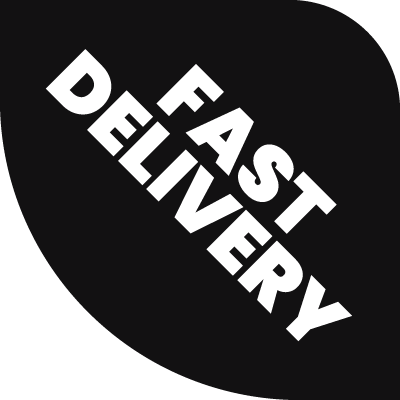

Batteries should never be thrown away in the trash or in the recycling bin. Lithium-ion and rechargeable batteries are hazardous because they can generate sparks, causing a fire to initiate in the trucks or recycling centre. This category includes batteries found in laptop computers, mobile phones, power tools, and cameras. Wrap the battery terminals with adhesive tape to prevent fires. Less than 2% of the 3.3 million kg of lithium-ion battery waste generated in Australia each year is recycled. Batteries' components can be used again in 95 percent of instances if we flip it over and start recycling.

Automobile Batteries: Because they contain lead-acid, car batteries cannot be thrown away or put in the recycling bin. Used or dead car batteries are commonly accepted by shops. You can also deposit them at locations where hazardous waste is recycled or disposed of.
Click here to locate a nearby battery recycling location.
Alkaline Batteries: The majority of everyday battery-operated devices, such as flashlights, toys, remote controls, and smoke alarms, often use alkaline batteries. They are available in a range of sizes, from AAA to 9 volts. There will be local regulations on how to get rid of alkaline batteries.
The bulk of alkaline batteries have been produced since 1996 using materials that are largely non-hazardous and can be thrown away in the trash. Alkaline batteries, on the contrary, are categorised as hazardous garbage in a number of towns and states. The batteries must always be recycled or left at an authorised location.
Alkaline batteries can be recycled at your neighbourhood electronics store, recycling facility, or community centre.
Lithium-ion batteries : These are the battery types that power portable electronics like your laptop, tablet, digital camera, and smartphone. Lithium-ion batteries can be recycled at a recycling plant or a hazardous waste collection site, or given to resellers and recyclers.
Watches and hearing aids employ the batteries, which might be made of lithium, mercuric oxide, silver oxide, or zinc-air. These substances should be brought to a facility for the collection of domestic hazardous waste, which is managed by a skip bin company, for proper disposal. This large junk removal can only be handled by a skip bin rental business.
Bin2Go provides skip bin hire services all over Sydney. We are provide skip bin hire 24/7 to fulfill your emergency requirements. Call us at 0451 211 002 for skip bin hire.



